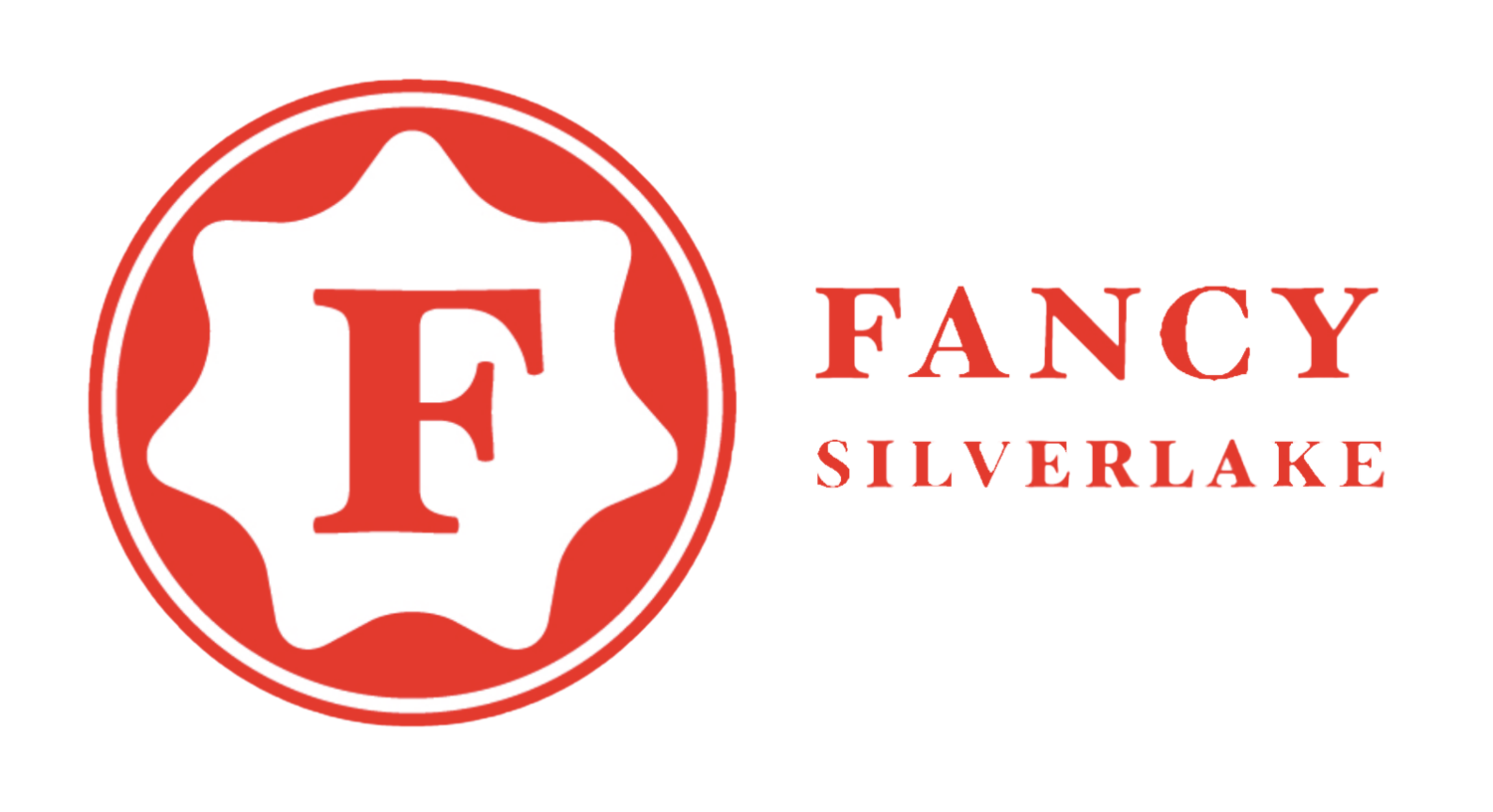Digital Cinema Package
A DCP (Digital Cinema Package) is the standard format used to deliver and project films in digital cinemas. It is essentially a collection of digital files containing audio, video, and data used by digital cinema projectors. Understanding the history of DCP’s can be helpful for independent filmmakers, especially those preparing for film festivals.
History of DCPs
The transition from physical film to digital projection began in the early 2000s, driven by advancements in digital technology and a push to streamline the film distribution and exhibition process. Before digital, films were projected using physical 35mm film reels, which were bulky, fragile, and expensive to produce, ship, and store.
In 2005, major Hollywood studios collaborated on a set of standards for digital cinema, known as the Digital Cinema Initiatives (DCI). This collaboration established the DCP format to ensure a consistent, high-quality cinematic experience across all theaters, as digital projectors became widespread. The DCI specifications define how digital files are encrypted, compressed, and projected to maintain the same quality as traditional film while being more efficient.
Why DCPs Matter to Independent Filmmakers at Festivals
Industry Standard: Most theaters, including those used at film festivals, are equipped with digital projectors that require DCPs. Having your film in DCP format ensures compatibility with these systems, and festivals typically request it as the default format.
Quality Control: DCPs preserve high-resolution video and high-fidelity audio, which is crucial for filmmakers who want their films to be projected with the best possible quality. This is particularly important in a festival environment, where the presentation can make or break a film’s reception.
Festival Requirement: Most major festivals, including Cannes, Sundance, and TIFF, demand DCPs for screening purposes. Even smaller festivals have started adopting this format, making it a critical requirement for filmmakers.
Unfortunately, two of the main benefits of DCP’s don’t really help Indie filmmakers. The ability to Encrypt DCP’s is not usually a factor for smaller films, and adds cost and complexity. Also, the ability to create hundreds of copies of the DCP on separate hard drives is not a big advantage for films that are doing the festival circuit.
For independent filmmakers, ensuring your film is available as a DCP means it will be festival-ready and can be presented professionally. But keeping it simple is usually best.

